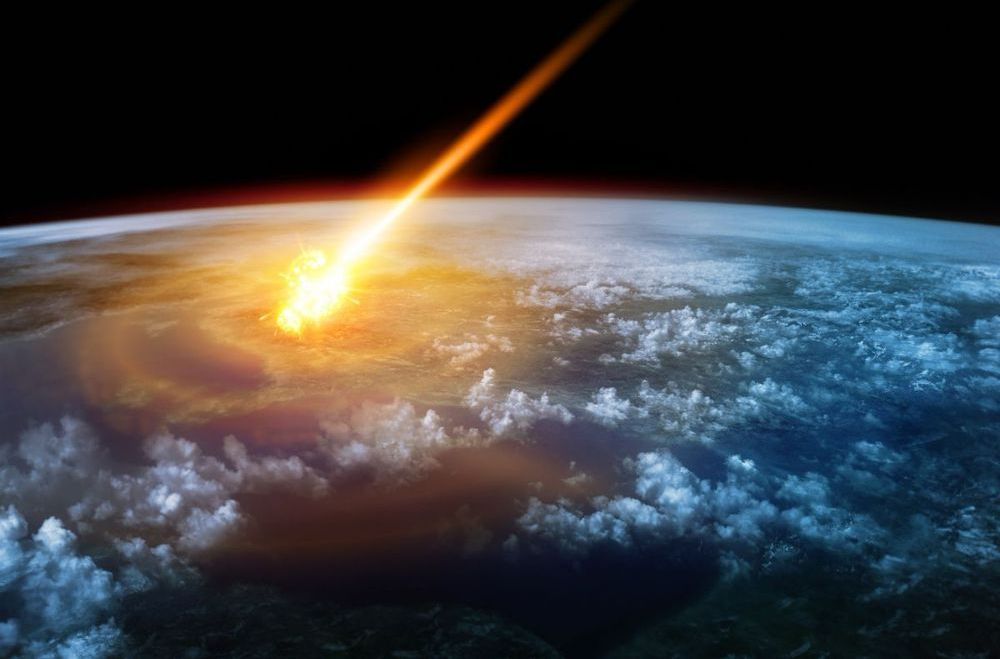Beneath our awareness, the brain lets certain kinds of stimuli automatically capture our attention by lowering the priority of the rest.




Scientists at the University of California, Berkeley have used the CRISPR gene-editing tool to give fruit flies an evolutionary advantage they’ve never had before. By making just three small changes to a single gene, the team gave the flies the ability to effectively eat poison and store it in their bodies, protecting themselves from predators in the process.
Milkweed is a common plant that’s toxic to most animals and insects – but the monarch butterfly flies in the face of that plant’s defenses. The bug has evolved the ability to not only thrive on the poisonous plant, but turn it to its own advantage. It stores the toxins in its body, making it poisonous to any predators that might try to eat it.
And now, the UC Berkeley researchers have given fruit flies that ability for the first time. CRISPR has been used to edit the genes of insects, mammals and even humans, but the team says this is the first time a multicellular organism has been edited to endow it with new behaviors and adaptations to the environment. In this case, that means a new diet and a new defense mechanism against predators.

The idea that humans should merge with AI is very much in the air these days. It is offered both as a way for humans to avoid being outmoded by AI in the workplace, and as a path to superintelligence and immortality. For instance, Elon Musk recently commented that humans can escape being outmoded by AI by “having some sort of merger of biological intelligence and machine intelligence.”1 To this end, he’s founded a company, Neuralink. One of its first aims is to develop “neural lace,” an injectable mesh that connects the brain directly to computers. Neural lace and other AI-based enhancements are supposed to allow data from your brain to travel wirelessly to one’s digital devices or to the cloud, where massive computing power is available.
For many transhumanists, uploading is key to the mind-machine merger.
Perhaps these sorts of enhancements will turn out to be beneficial, but to see if this is the case, we will need to move beyond all the hype. Policymakers, the public, and even AI researchers themselves need a better idea of what is at stake. For instance, if AI cannot be conscious, then if you substituted a microchip for the parts of the brain responsible for consciousness, you would end your life as a conscious being. You’d become what philosophers call a “zombie”—a nonconscious simulacrum of your earlier self. Further, even ifmicrochips could replace parts of the brain responsible for consciousness without zombifying you, radical enhancement is still a major risk. After too many changes, the person who remains may not even be you. Each human who enhances may, unbeknownst to them, end their life in the process.
What is the fastest thing we as the human race know of? Gav and Dan try and film that.

Drew Endy almost can’t talk fast enough to convey everything he has to say. It’s a wonderfully complex message filled with nuance, a kind of intricate puzzle box being built by a pioneer of synthetic biology who wants to fundamentally rejigger the living world.
Endy heads a research team at Stanford that is, as he puts it, building genetically encoded computers and redesigning genomes. What that means: he’s trying to engineer life forms to do useful things. Just about anything could come out of this toolkit: new foods, new materials, new medicines. So you are unlikely to find anyone who is more optimistic than he is about the potential for synthetic biology to solve big problems.
That’s what makes Endy so compelling when he worries about how the technology is being developed. Perhaps more than anyone else working in synthetic biology, Endy has tried to hold the community to account.



Should we stop this whole life extension thing while we still can in order to prevent this potential problem? Yeah… no. Here’s why.